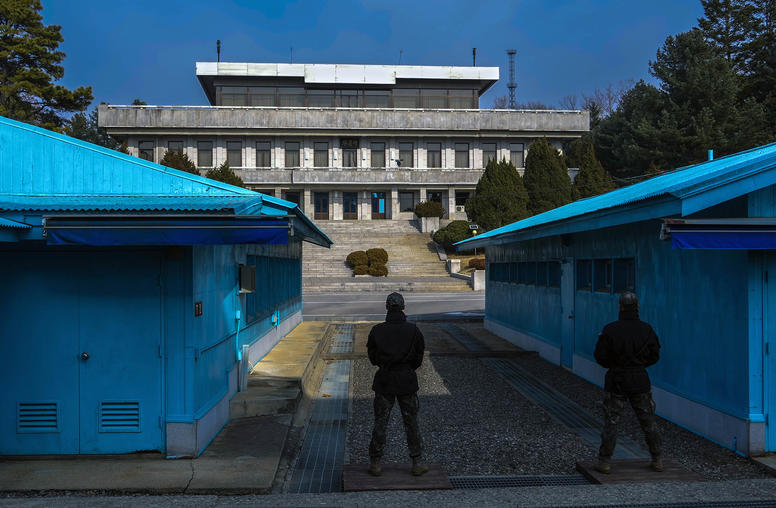The Middle East saw yet another escalatory episode over the weekend, as Israel and Yemen’s Houthis exchanged fire. On July 19, the Iran-backed Houthis launched an unprecedented drone attack on Israel, which hit an apartment building in downtown Tel Aviv, killing one and injuring at least 10 others. It was the first time that the Houthis killed or even harmed an Israeli, despite launching dozens of missile attacks on Israel since October 7. The next day, Israel struck back with an airstrike on the strategic port of Hodeida, marking the first time it attacked Yemen. The Israeli attack killed six, injured dozens more and left ablaze key oil facilities in the area.
Type:
Question and Answer
Conflict Analysis & Prevention



